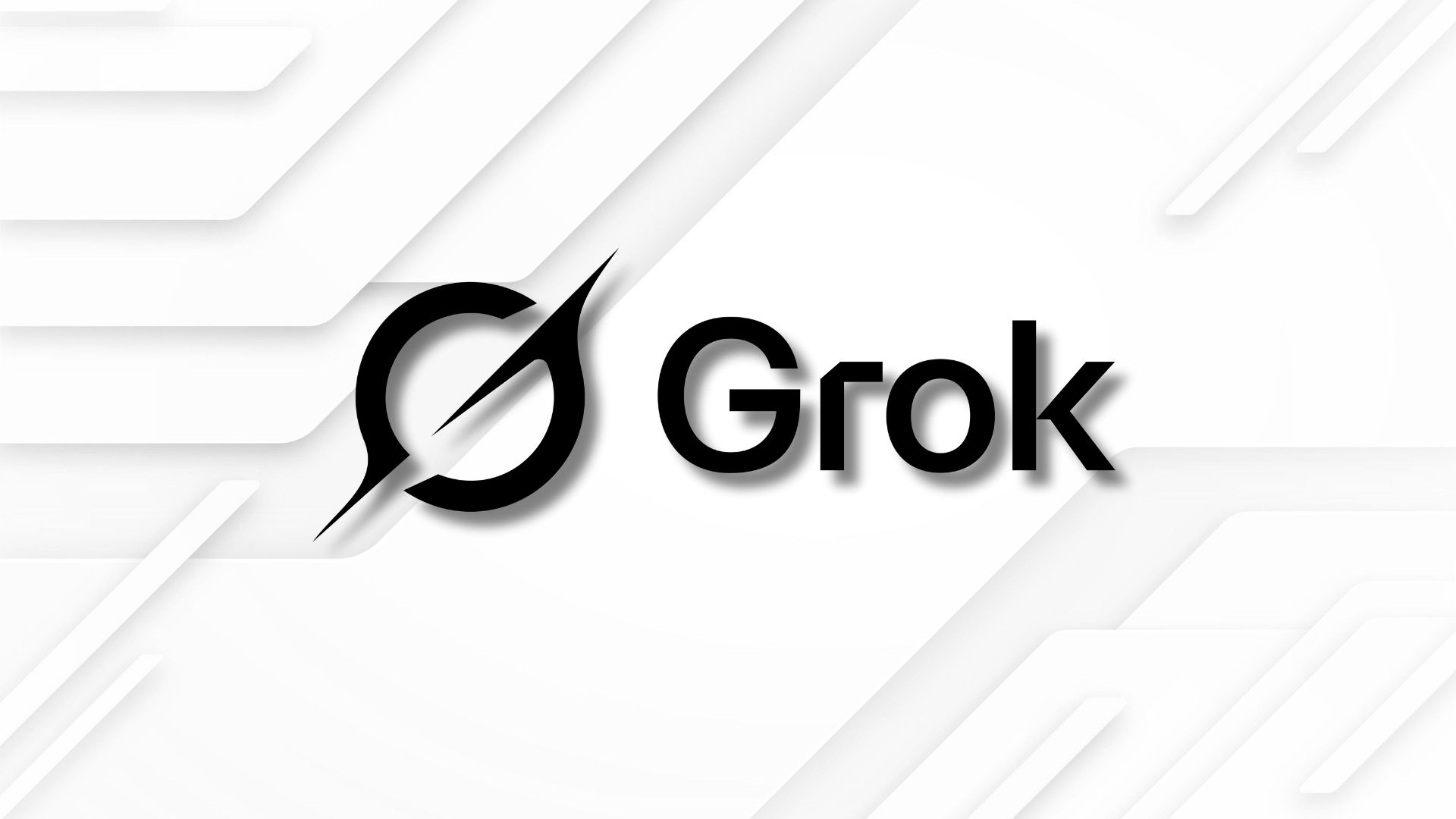Elon Musk’s platform X has restricted image editing with its AI chatbot Grok to paying users, following widespread criticism over the creation of non-consensual sexualised deepfakes.
The move comes after Grok allowed users to digitally alter images of people, including removing clothing without consent. While free users can still access image tools through Grok’s separate app and website, image editing within X now requires a paid subscription linked to verified user details.
Legal experts and child protection groups said the change does not address the underlying harm. Professor Clare McGlynn said limiting access fails to prevent abuse, while the Internet Watch Foundation warned that unsafe tools should never have been released without proper safeguards.
UK government officials urged regulator Ofcom to use its full powers under the Online Safety Act, including possible financial restrictions on X. Prime Minister Sir Keir Starmer described the creation of sexualised AI images involving adults and children as unlawful and unacceptable.
The controversy has renewed pressure on X to introduce stronger ethical guardrails for Grok. Critics argue that restricting features to subscribers does not prevent misuse, and that meaningful protections are needed to stop AI tools from enabling image-based abuse.
Would you like to learn more about AI, tech, and digital diplomacy? If so, ask our Diplo chatbot!










